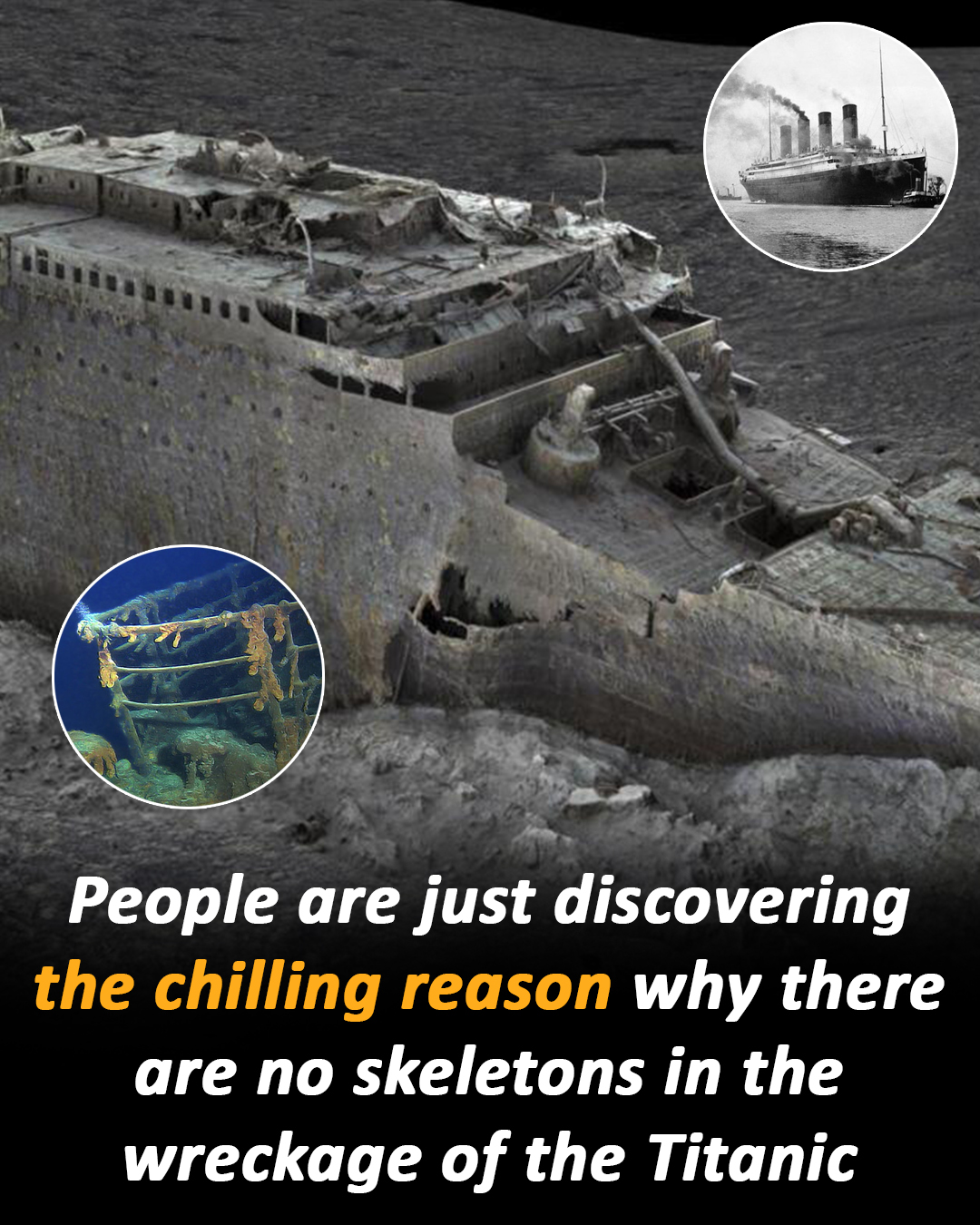A powerful earthquake measuring 7.6 on the Richter scale struck between Honduras and the Cayman Islands in the Caribbean Sea, prompting a tsunami alert, according to the United States Geological Survey (USGS). The earthquake caused immediate concern among authorities and residents, leading to emergency measures to ensure safety in the affected areas.

Authorities raised the tsunami alert specifically for the Cayman Islands while assuring residents of Puerto Rico and the US Virgin Islands that they were not in danger. The National Weather Service (NWS) announced on X (formerly Twitter) that while the Tsunami Advisory for Puerto Rico and the US Virgin Islands had been canceled, residents should remain cautious. “The Tsunami Advisory for Puerto Rico and the US Virgin Islands is now canceled. While alerts have ended, strong and unusual currents may continue. Be careful near the water and use caution,” NWS stated in their update.
The USGS provided further details, stating that the earthquake struck at approximately 6:23 p.m. local time. The epicenter was recorded about 20 miles north of Honduras and 130 miles southwest of the Cayman Islands, shaking the region and causing widespread concern. In response, local governments and emergency management agencies issued immediate warnings to residents.
The Cayman Islands Hazard Management Agency issued a statement warning residents about the tsunami threat. “The Cayman Islands is under a Tsunami threat. Residents living near the coastline are encouraged to move inland,” the agency advised. Officials urged residents to stay away from harbors, bays, and marinas and to evacuate the water immediately as a precautionary measure.
This earthquake is the strongest to hit the region since the devastating 7.2-magnitude earthquake that struck Haiti in 2021, which led to widespread destruction and significant loss of life. Given the history of seismic activity in the Caribbean, officials took no chances in implementing safety protocols and issuing alerts.
As of 8:23 p.m., the National Weather Service reported that the tsunami threat remained for certain regions. According to their statement, “A Tsunami Threat continues for Cuba, where a tsunami may reach 1 to 3 meters above the tide, and for Honduras and the Cayman Islands, where a tsunami may reach up to 0.3 to 1 meter above the tide.” Although these waves may not appear enormous, any sudden water level changes can be dangerous, particularly in coastal areas.
Despite the concern, authorities confirmed that the United States was not under any tsunami threats or alerts. This reassurance helped ease tensions among residents of Florida and the Gulf Coast, who initially feared potential aftershocks or extended impacts from the quake.
Residents in affected areas were urged to follow all safety protocols, including moving away from the coastline, avoiding unnecessary travel, and listening to emergency broadcasts for the latest updates. In situations like this, staying informed and prepared is crucial to ensuring safety and minimizing potential risks.
Seismic activity is common in the Caribbean due to tectonic movements, and experts continuously monitor the region for potential threats. The recent earthquake is a reminder of how unpredictable natural disasters can be and the importance of emergency preparedness. Governments, local agencies, and international monitoring groups work together to ensure that timely warnings and safety measures are in place to protect residents and visitors in high-risk areas.
As the situation develops, emergency response teams remain on high alert to address any further developments. Residents and travelers in the Caribbean are encouraged to stay informed through official sources such as the USGS and NWS for updates on any ongoing threats.
The impact of natural disasters like earthquakes and tsunamis extends beyond immediate physical damage. The psychological effects on residents, as well as the economic impact on tourism-dependent regions, can be significant. For many Caribbean nations, tourism is a major part of their economy, and natural disasters can disrupt travel plans and business operations, causing financial strain on local communities.
In the wake of this powerful earthquake, the focus remains on ensuring the safety of those in affected areas and preventing further damage. As assessments continue, officials will determine the full extent of the impact and provide further guidance to residents.
Please take a moment to SHARE this article with your family and friends on Facebook to spread awareness and encourage preparedness in case of future natural disasters. Keeping informed and taking necessary precautions can make a significant difference in ensuring the safety of individuals and communities.





